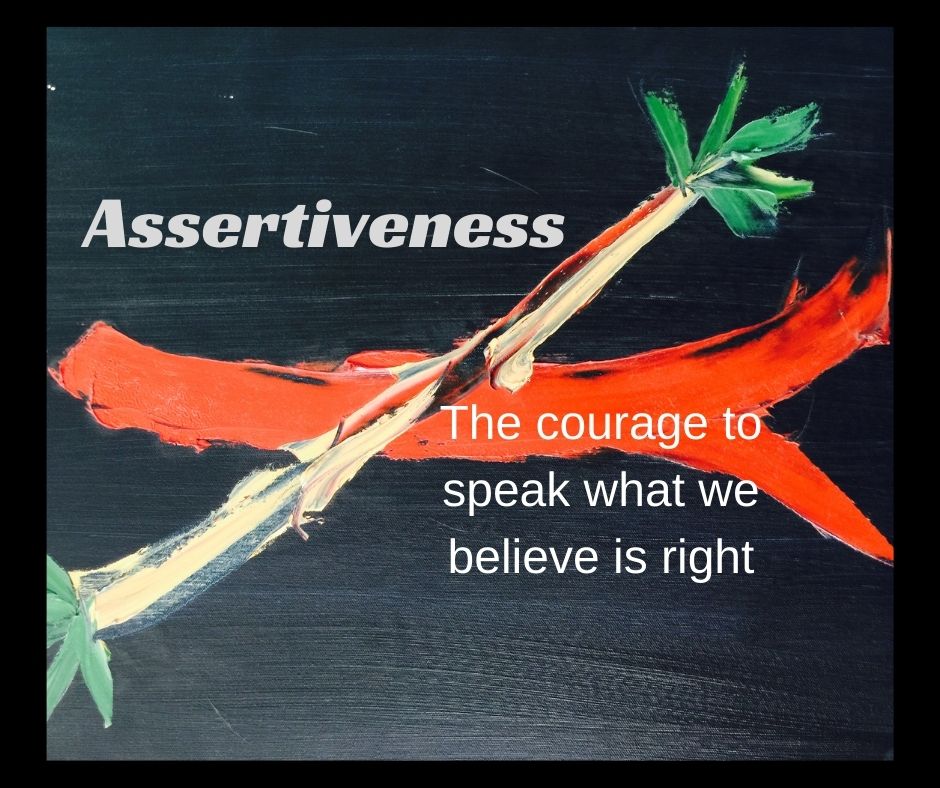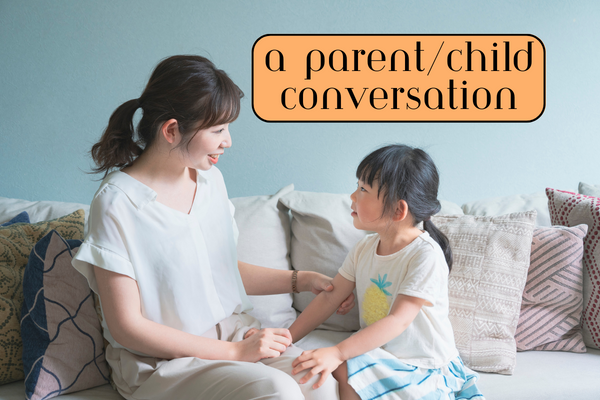
Are you a parent who wants to empower your child with the essential life skill of assertiveness? Imagine a world where your child confidently expresses their needs and desires, while still respecting others. It’s not only possible but within your reach. In this insightful conversation, join a parent and child as they explore the power of assertiveness and how it can shape your child’s confidence, communication, and decision-making abilities. Discover how you can have a similar conversation with your own child, guiding them toward a path of self-advocacy and healthy relationships.
Parent: Hey, sweetie, can we have a little chat?
Child: Sure, Mom/Dad. What’s up?
Parent: Well, I’ve noticed something lately, and I wanted to talk to you about it. You’re such a kind and friendly child, and that’s wonderful. But I’ve noticed that sometimes you let other children choose the games you play, even if it’s not what you really want to do. Have you noticed that too?
Child: Yeah, I guess so. I just want to make everyone happy.
Parent: I understand that you want to be considerate of others, and that’s a fantastic quality to have. But I also want to teach you about another important virtue called assertiveness. Do you know what that means?
Child: Not really. What is assertiveness?
Parent: Assertiveness is about expressing your thoughts, feelings, and needs in a respectful and confident way. It’s about standing up for yourself and finding a balance between what you want and what others want. When you’re assertive, you can communicate your ideas and desires without being mean or bossy.
Child: Oh, I see. But won’t that make me sound mean if I say no to someone?
Parent: That’s a great question, and I’m glad you asked. Being assertive is not the same as being aggressive. Aggressive speech involves using hurtful words, yelling, or trying to force others to do what you want. That’s not what we’re aiming for. Assertiveness, on the other hand, is about expressing yourself with kindness and respect, while still standing up for what you believe in.
Child: Can you give me an example of being assertive?
Parent: Of course! Let’s say you really want to play a game that some of your friends aren’t interested in. Instead of simply giving in and playing their game every time, you can express your opinion in a kind and confident way. You could say something like, “I really like the game you suggested, but I was hoping we could also play the game I enjoy. Could we take turns playing each game?” This way, you’re being assertive by expressing your preference while also considering their feelings and finding a compromise.
Child: That sounds fair. But what if they still don’t want to play my game?
Parent: If they’re not interested in playing your game, it’s essential to respect their choice too. Remember, assertiveness is about expressing yourself, but it doesn’t guarantee that everyone will agree or do exactly what you want. It’s okay to be disappointed, but it’s also an opportunity to find another game that everyone can enjoy together or take turns trying different games.
Child: I think I understand now. I can be assertive without being mean, and it’s okay if not everyone wants to play the same game as me.
Parent: That’s absolutely right, my dear! Being assertive allows you to express yourself while also considering others’ feelings. It’s all about finding a healthy balance between your needs and the needs of others. And remember, I’m here to support you and help you practice assertiveness whenever you need it.
Child: Thanks, Mom/Dad. I’ll try to be more assertive from now on.
As you’ve witnessed the transformational power of assertiveness in this conversation, you might be eager to explore more ways to nurture this valuable virtue in your child. Don’t hesitate to search “assertiveness” on our website and unlock a world of knowledge and strategies that will empower your child to navigate life with confidence and resilience. Together, let’s equip our children with the skills they need to thrive in a world that values self-expression and individuality.

